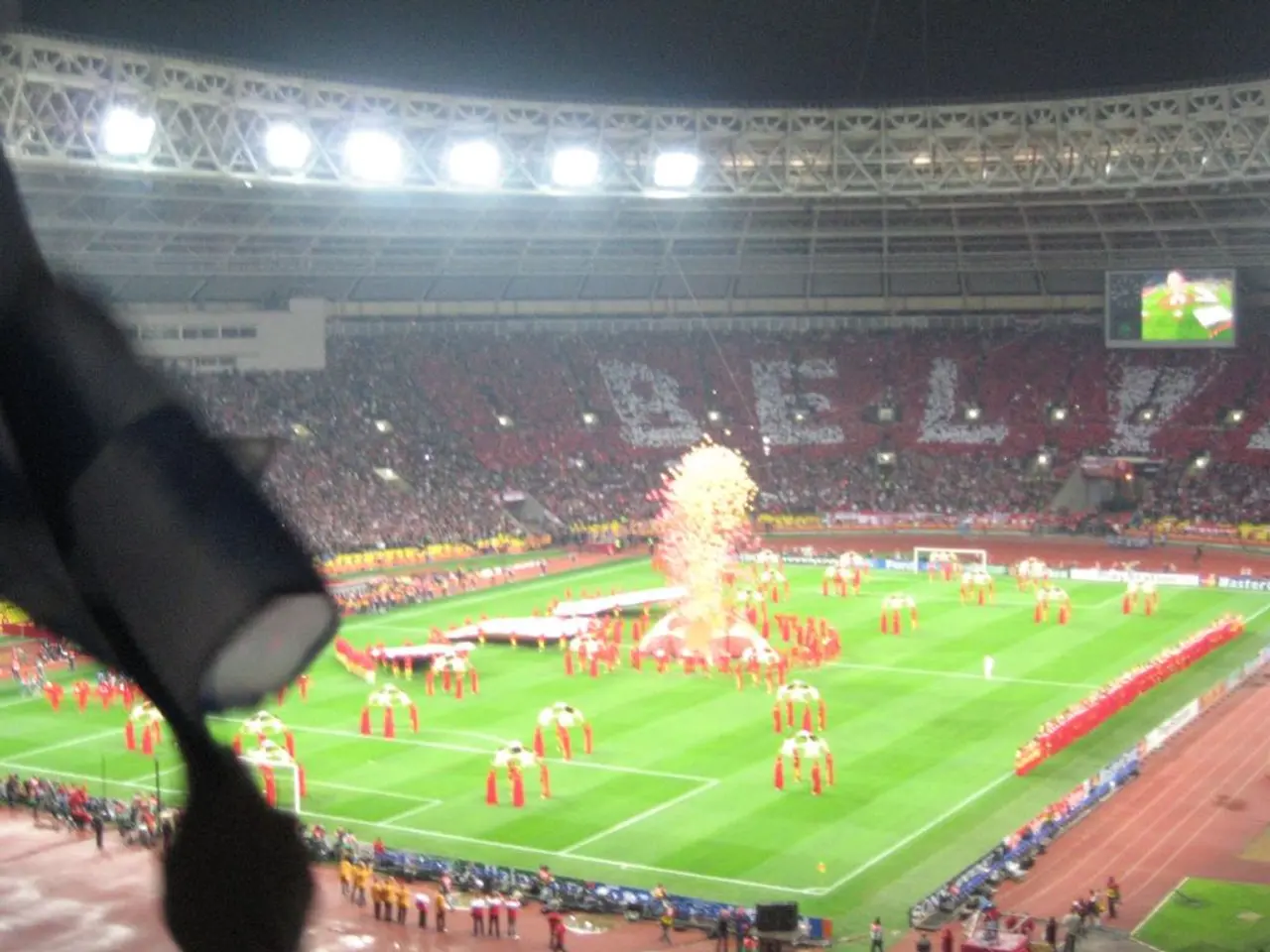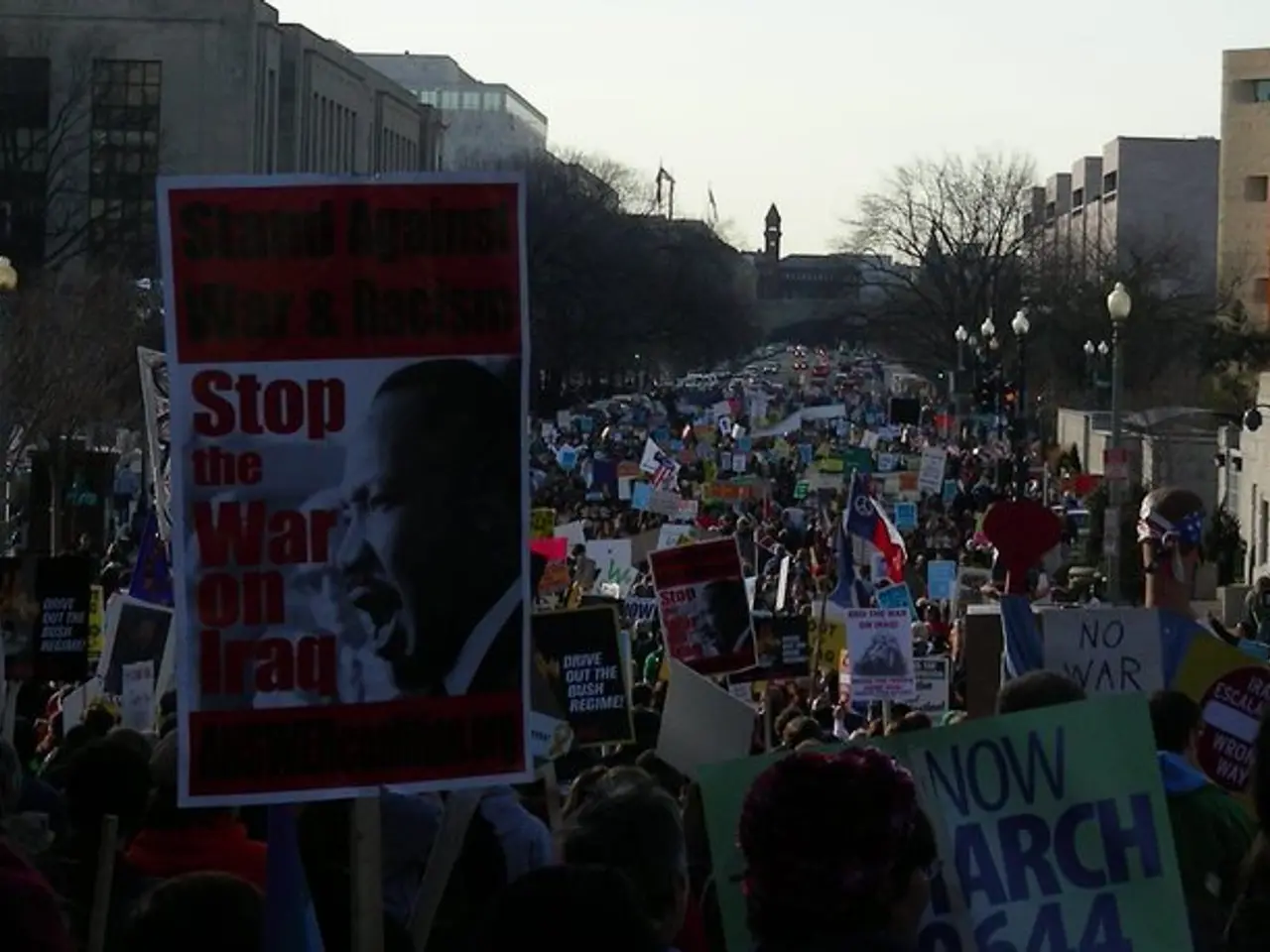Back our Olympic proposal
Berlin, the historic city that once hosted the 1936 Olympics under the Nazi regime, is now making a bid to bring the Games back a century later. The city's ambitious plan, currently in an active but complex stage, was formally presented with the Olympiastadion, a centrepiece venue, proposed as a key location.
Originally built for the 1936 Games, the Olympiastadion has since undergone modernization and has hosted major sports and cultural events, including the 2006 World Cup final, Euro 2024 final, and UEFA Champions League final.
However, Berlin's Olympic bid is part of a broader national Olympic strategy in Germany, aiming to build consensus across the country. The future of this Olympic option is closely tied to a referendum scheduled in Munich on 26 October 2025, which requires a majority vote to support the bid, underscoring the importance of public opinion in the decision-making process.
As of mid-2025, public opinion appears divided, with significant discussion and scrutiny surrounding the benefits and challenges of hosting the Games. A survey indicates that 46% of Berlin residents are in favour of Berlin's Olympic bid, while 43% are against it.
Recently, Berlin's governing mayor, Kai Wegner, held a garden party with the theme "Committed to Berlin". The event, which took place on a still-warm July evening, was the third one held by Wegner since taking office. Around 4,000 guests had registered for the event, including prominent figures from the new federal government and celebrities from the entertainment industry.
Wegner, who believes Berlin would benefit for 20 years afterward, particularly in sports infrastructure and housing, if the Olympic bid is successful, made an appeal for people to support Berlin's Olympic bid. The event, estimated to cost around 200,000 euros, was about a fifth lower than the previous year.
Alexander Kraus, the chairman of the Federation of Taxpayers Berlin, however, criticized the use of public funds for the garden party. Kraus has demanded that the financing of the event be switched to purely private sponsors.
Despite the ongoing debate, Wegner is determined not to let Berlin come in second behind Munich in the Olympic bid. He stated that the Olympic Games would involve ten years of hard preparation, followed by a 30-day sports celebration. The success of Berlin's Olympic bid hinges on gaining broader public approval both locally and nationally, reflecting concerns likely related to costs, infrastructure, and historical memory. The upcoming referendum in Munich on 26 October 2025 will be pivotal for the bid's progress.
In the context of Berlin's bid for the Olympic Games, the controversy over the upcoming garden party, organized by the city's mayor Kai Wegner, highlights the importance of public opinion and financing in politics, as the event's cost is a concern for figures like Alexander Kraus, the chairman of the Federation of Taxpayers Berlin. Meanwhile, in the realm of general-news, the outcome of the Olympic bid remains uncertain, with the city's ambitious sports infrastructure plans tied to a public referendum taking place in Munich on October 26, 2025.




